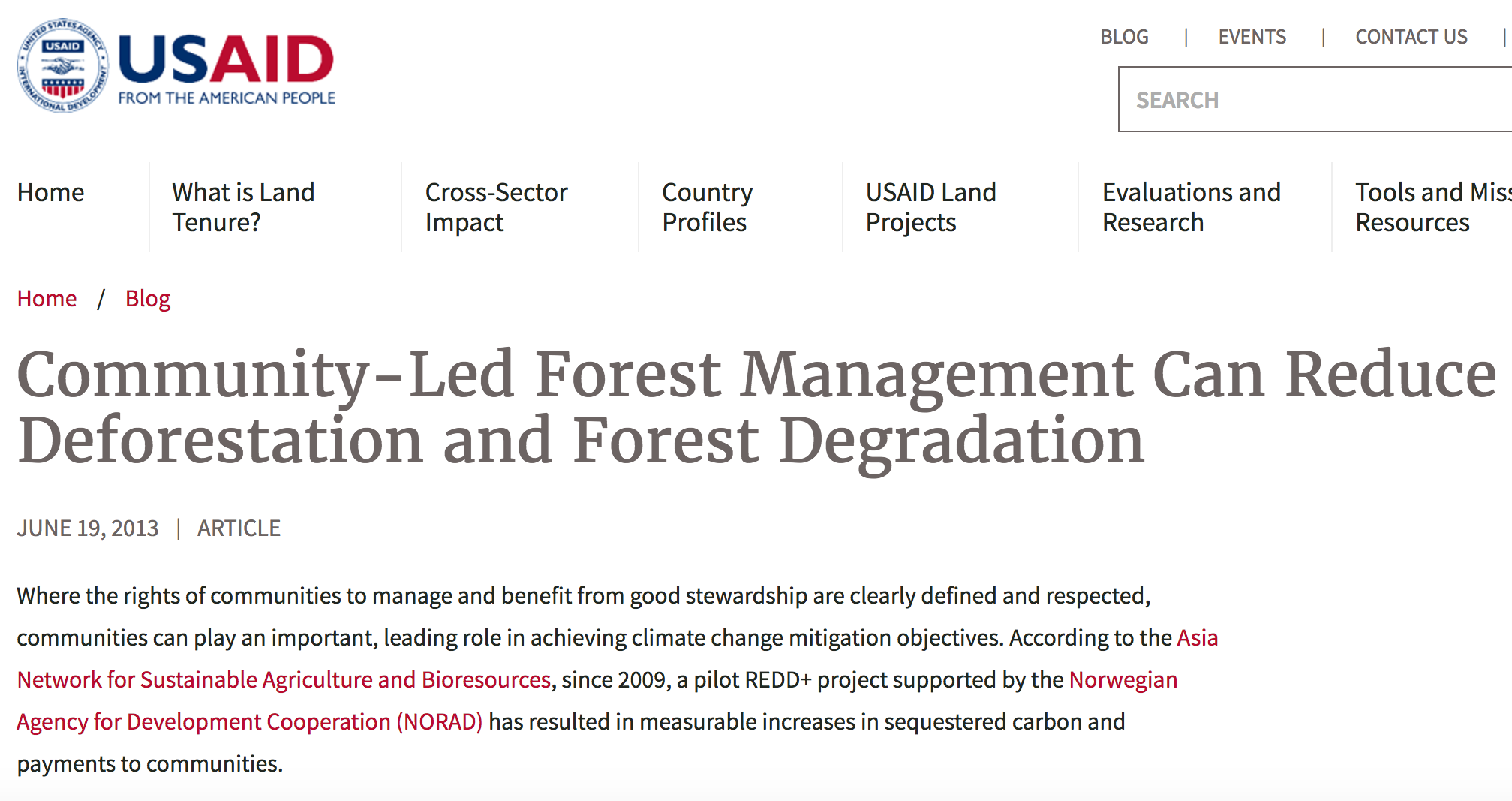Location
About Us
We envision a world in which land governance systems, both formal and informal, are effective, accessible, and responsive for all. This is possible when land tenure and property rights are recognized as critical development issues and when the United States Government and its development partners demonstrate consistent attention and a firm commitment to supporting coordinated policies and programs that clarify and strengthen the land tenure and property rights of all members of society, enabling broad-based economic growth, gender equality, reduced incidence of conflicts, enhanced food security, improved resilience to climate change, and effective natural resource management.
Mission Statement
The USAID Land Tenure and Resource Management (LTRM) Office will lead the United States Government to realize international efforts—in accordance with the U.S. Government’s Land Governance Policy—to clarify and strengthen the land tenure and property rights of all members of society—individuals, groups and legal entities, including those individuals and groups that are often marginalized, and the LTRM Office will help ensure that land governance systems are effective, accessible, and responsive. We will achieve this by testing innovative models for securing land tenure and property rights and disseminating best practice as it relates to securing land rights and improving resource governance within the USG and our development partners.
Members:
Resources
Displaying 151 - 155 of 440Forest Inhabitants Should Have Ownership Rights to Encourage Conservation
A recent article published by the Center for International Forestry Research (CIFOR) highlights the challenge of promoting forest management in areas that lack secure property rights, and the growing recognition that community forests need to be protected by the inhabitants themselves. Until inhabitants are secure in their right to the land and able to benefit from it, individuals will continue their rush to extract resources as quickly as possible for maximum personal benefit.
تشريع استرجاع الأراضي (في ليبيا)
قدم هذا التقرير مراجعة قانونية " لمشروع القانون والذى يقوم باقتراح بعض الأحكام بشأن الممتلكات المنقولة للدولة، وذلك بموجب القانون رقم 4 لسنة 7911 (مشروع القانون)"، الذي نشرته وزارة العدل بالحكومة الليبية في مارس 2013م . ولا يعد هذا التقرير مقتصراً على مناقشة مشروع القانون المعنىّ، إذ يسلّط الضوء على القضايا الرئيسة المختصة بأي استرجاع، والذى من شأن القانون أن يعالجه. ويعتمد مشروع القانون في معالجته على أسس العدالة الاجتماعية وأفضل الممارسات الدولية المتعلقة باسترجاع الممتلكات، بما في ذلك التعويض.
KENYA JUSTICE PROJECT | IMPACT EVALUATION REPORT KENYA JUSTICE IMPACT EVALUATION
This report is an impact evaluation of the United States Agency for International Development’s (USAID) Justice Project, which was implemented by Landesa and its prime contractor Tetra Tech ARD, to pilot an approach for improving women’s access to justice, particularly related to women’s land rights, by enhancing the customary justice system in one target area: Ol Pusimoru sub-location, Mau Forest, Kenya.
G8 Takes Steps to Improve Land Governance, Enhance Transparency
On June 18, the 2013 G8, under UK leadership, announced bold steps to strengthen land governance and improve transparency in land transactions. G8 leaders expressed support for and announced a series of concrete steps to accelerate implementation of the Voluntary Guidelines for the Responsible Governance of Tenure of Land, Fisheries, and Forests in the Context of National Food Security and the African Union Land Policy Initiative (LPI).
Community-Led Forest Management Can Reduce Deforestation and Forest Degradation
Where the rights of communities to manage and benefit from good stewardship are clearly defined and respected, communities can play an important, leading role in achieving climate change mitigation objectives. According to the Asia Network for Sustainable Agriculture and Bioresources, since 2009, a pilot REDD+ project supported by the Norwegian Agency for Development Cooperation (NORAD) has resulted in measurable increases in sequestered carbon and payments to communities.






